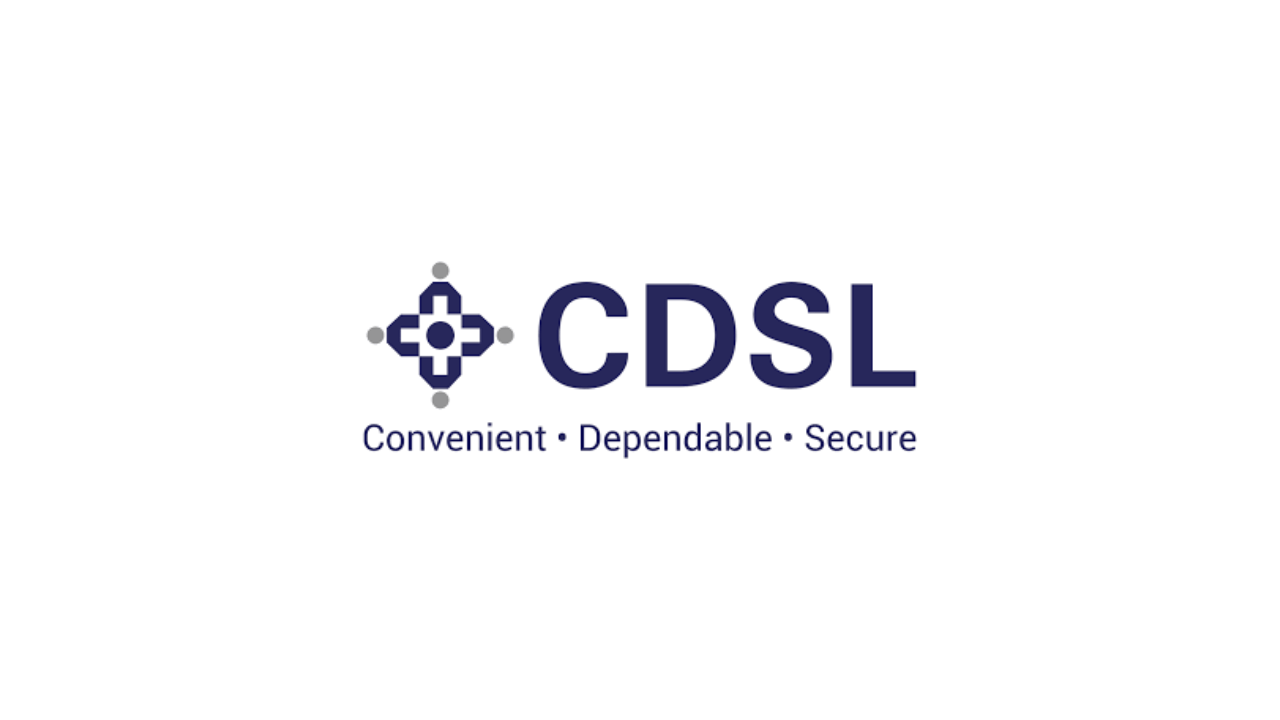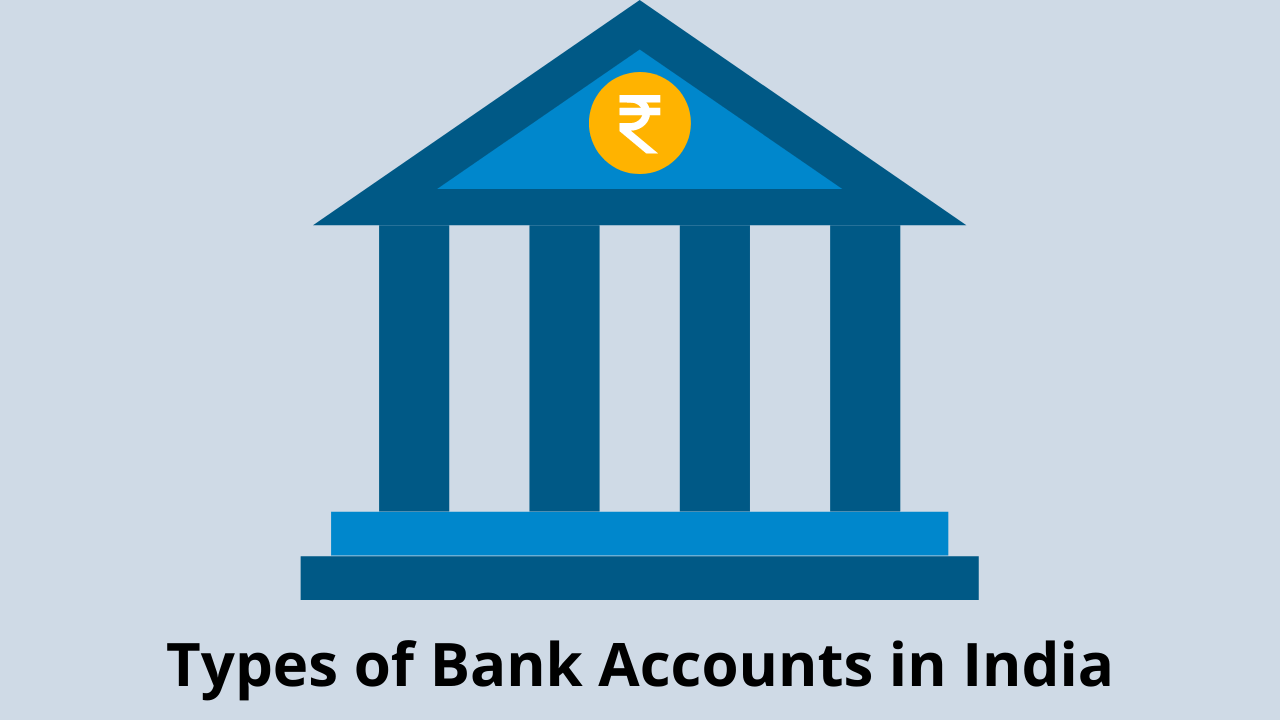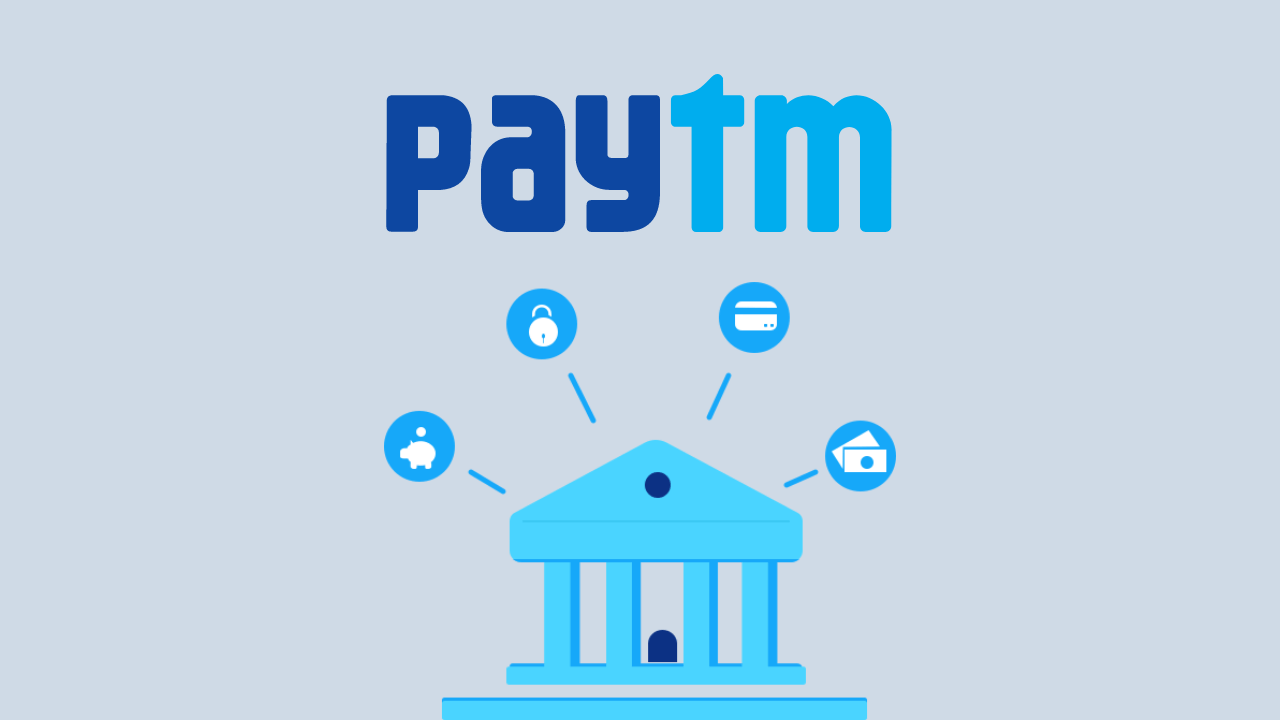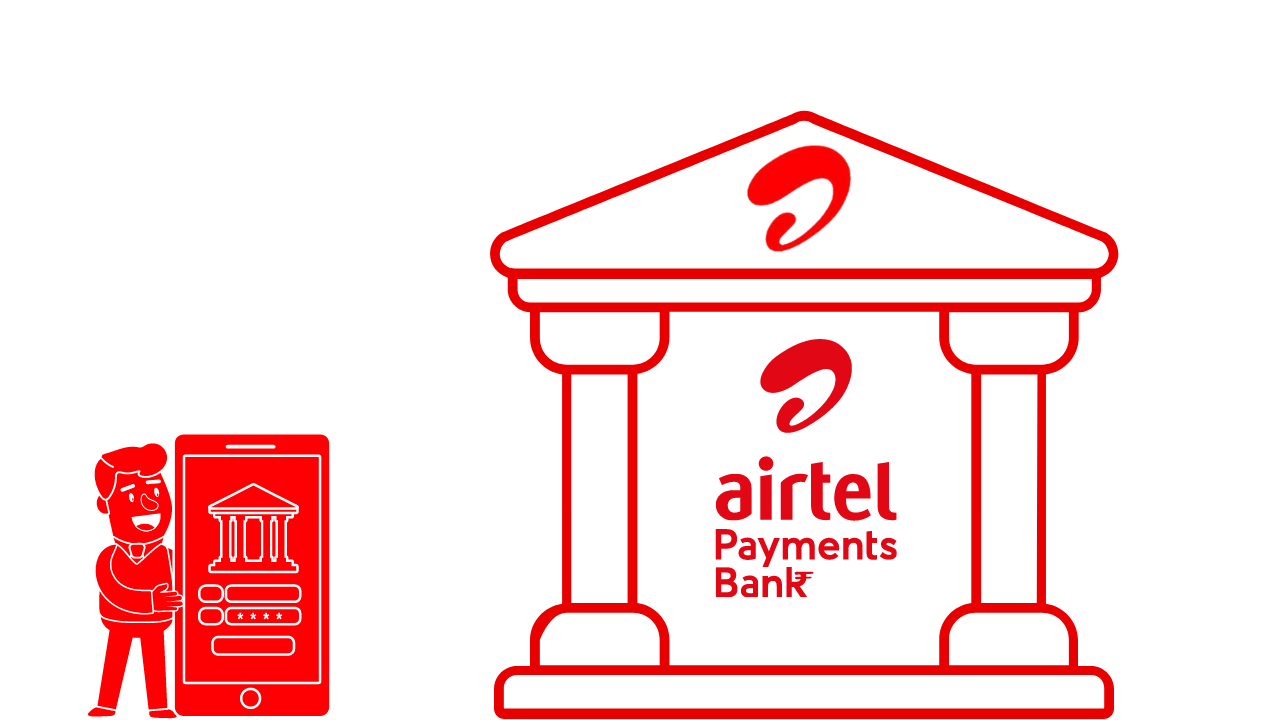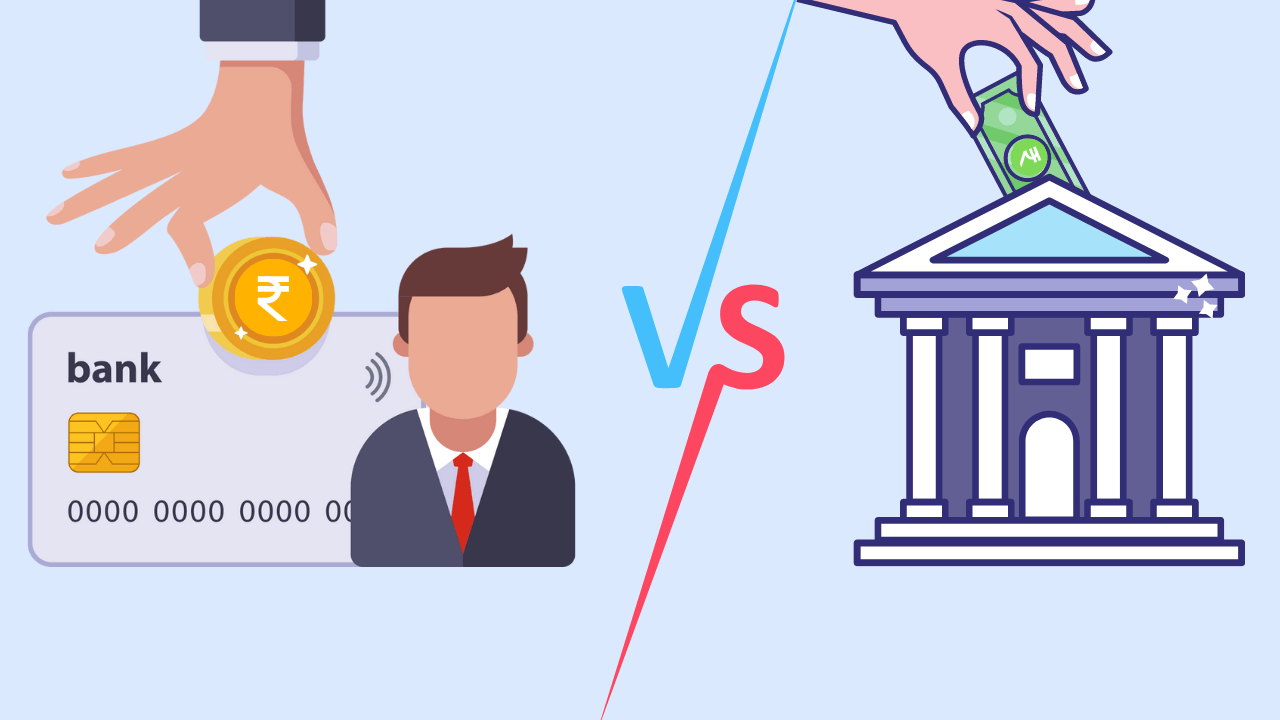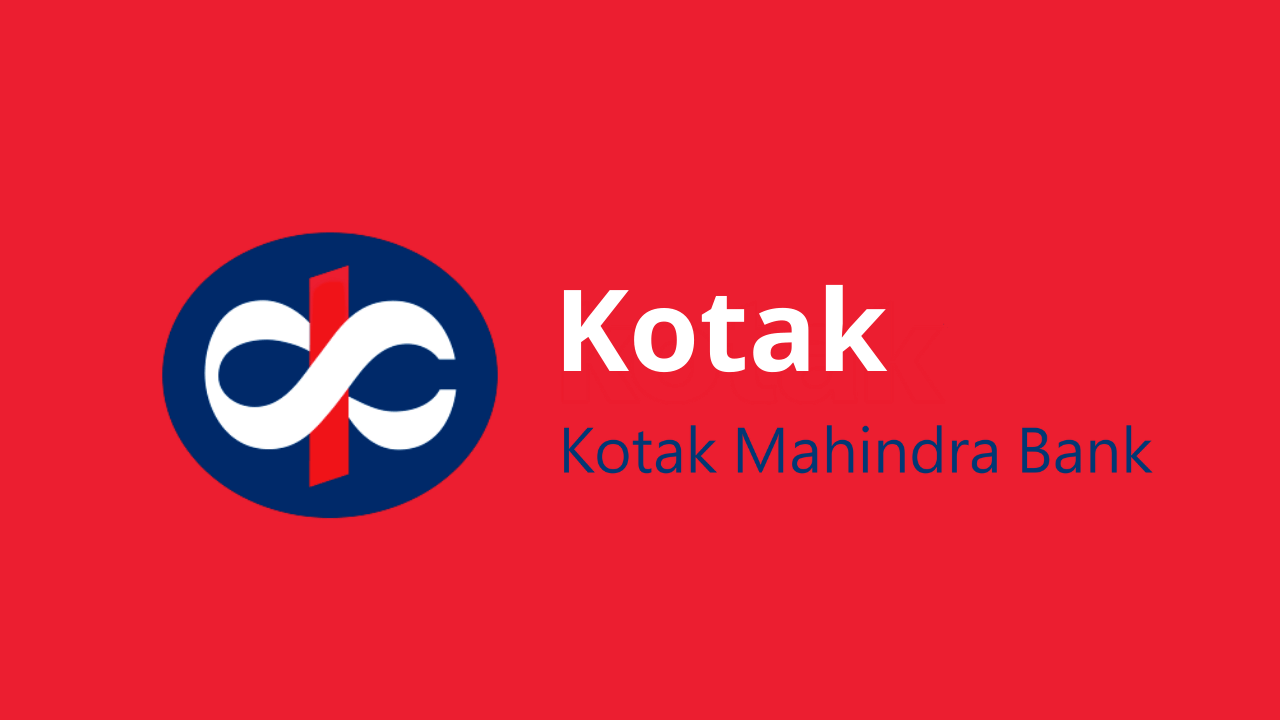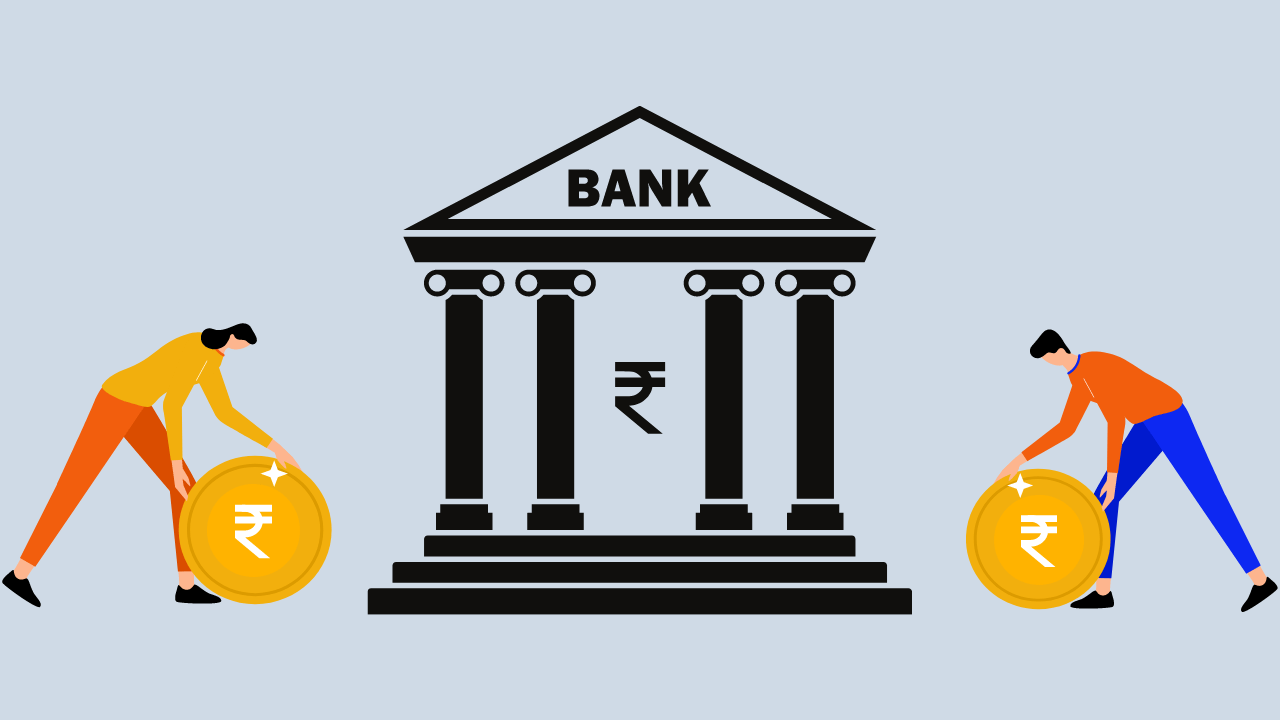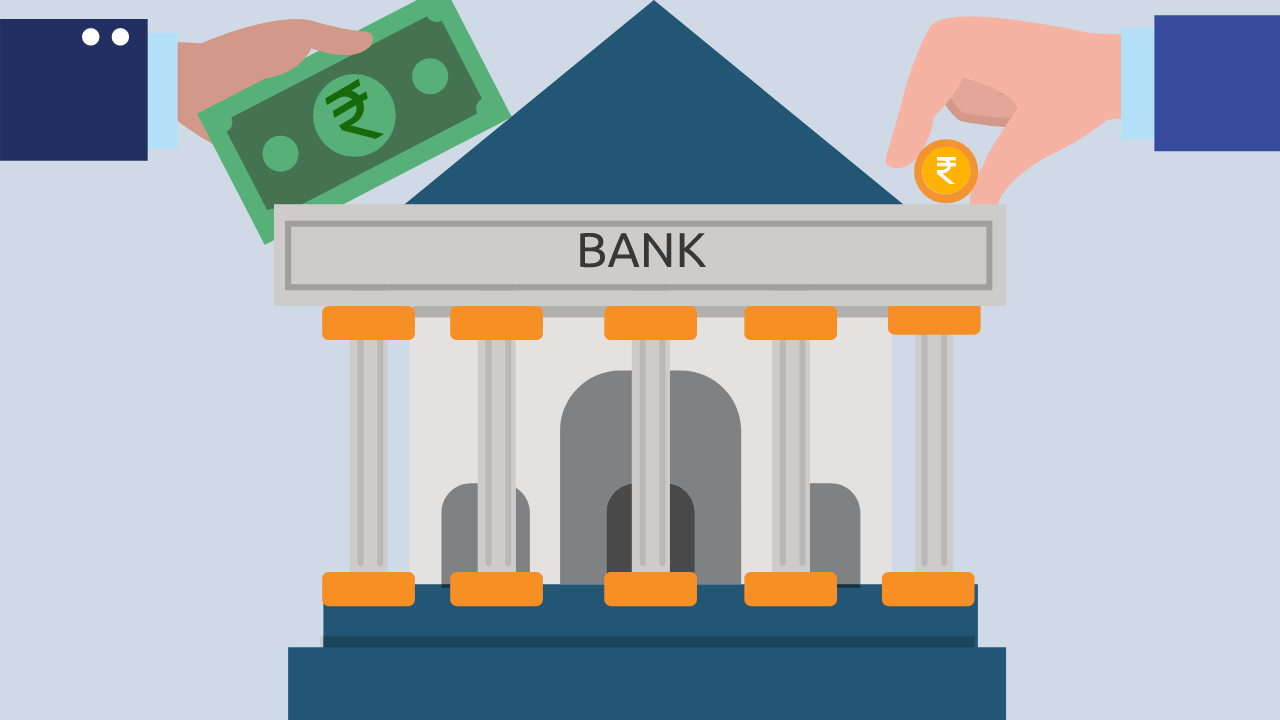In the dynamic world of financial markets, where transactions happen at the speed of light, Central Depository Services Ltd. (CDSL) plays a crucial role in ensuring the smooth and secure transfer of securities. Established in 1999, CDSL is one of the two central depositories operating in India, the other being National Securities Depository Ltd. (NSDL). In this article, we will delve into the fundamental aspects of CDSL, shedding light on its significance, functions, and the pivotal role it plays in the Indian financial landscape.
What is CDSL?
Central Depository Services Ltd. (CDSL) is a leading securities depository in India, providing electronic depository services for various financial instruments like equities, bonds, debentures, and mutual fund units. Essentially, CDSL acts as a custodian for these securities in electronic form, eliminating the need for physical certificates.
The Significance of CDSL:
- Dematerialization of Securities:
CDSL facilitates the dematerialization of securities, converting physical certificates into electronic form. This process not only enhances the efficiency of trading but also reduces the risks associated with physical securities, such as loss, theft, or damage. - Ease of Transactions:
By holding securities in an electronic format, CDSL enables seamless and quick transfer of ownership during trading. This eliminates the cumbersome paperwork and significantly expedites the settlement process. - Investor Services:
CDSL offers a range of services to investors, including dematerialization, rematerialization, account transfers, and pledge services. These services empower investors to manage their securities efficiently and conveniently.
Functions of CDSL:
- Dematerialization:
CDSL converts physical share certificates into electronic form, making them easy to trade and transfer. - Rematerialization:
This function involves the conversion of electronic securities back into physical certificates if an investor wishes to hold physical copies. - Account Transfers:
CDSL facilitates the transfer of securities between different demat accounts, streamlining the process for investors. - Corporate Actions:
CDSL ensures that investors receive corporate benefits such as dividends, bonus issues, and rights issues directly into their demat accounts. - Pledge and Hypothecation:
Investors can pledge their securities with CDSL for loans or credit facilities. This is a common practice in the financial industry. - Initial Public Offerings (IPOs):
CDSL plays a pivotal role in the listing process of IPOs by crediting the shares to investors’ demat accounts upon allotment.
Security Measures Implemented by CDSL:
- Depository Participant (DP):
CDSL interacts with investors through its agents known as Depository Participants (DPs). DPs act as intermediaries between the depository and the investors. - Unique Beneficial Owner Identification (BOID):
Each investor is assigned a unique BOID, which ensures the accurate identification of beneficial owners and prevents unauthorized access. - Digital Signature Certificates (DSC):
CDSL employs digital signatures to authenticate electronic transactions, ensuring the integrity and security of the entire process. - Secure Socket Layer (SSL) Encryption:
SSL encryption is utilized to safeguard the communication between users and the CDSL platform, protecting sensitive information from unauthorized access.
Conclusion:
Central Depository Services Ltd. (CDSL) has emerged as a cornerstone in the Indian financial ecosystem, playing a crucial role in the dematerialization and secure handling of securities. By offering a range of investor services and ensuring the integrity of transactions through robust security measures, CDSL has contributed significantly to the efficiency, transparency, and accessibility of the Indian capital market. As technology continues to advance, CDSL remains at the forefront, adapting to new challenges and paving the way for a modern, streamlined, and investor-friendly financial landscape in India.

